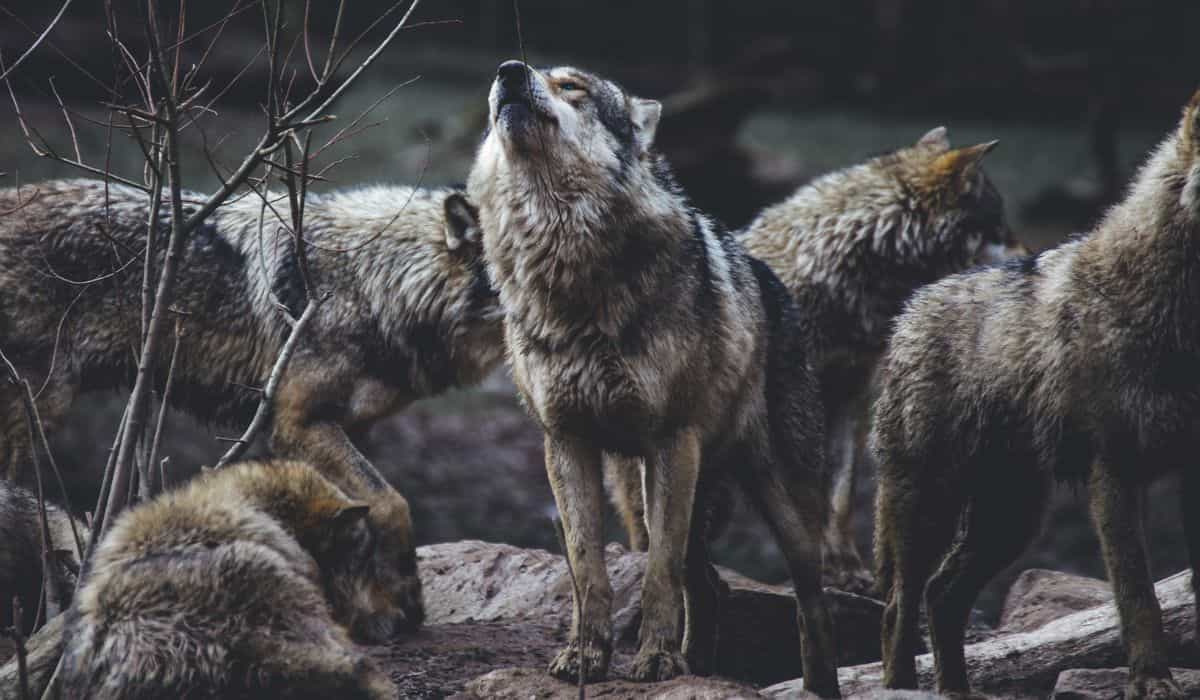
A study has revealed that ‘mutant’ wolves roaming the Chernobyl Exclusion Zone have developed cancer-resistant genomes.
+Survey reveals the most popular dog breeds in the world
+Learn how to identify whether a snake is venomous or not
+Rabbit Oracle with 100% Accuracy Predicts the Super Bowl Winner
After the Chernobyl nuclear disaster in 1986, the area was abandoned by humans due to high levels of radiation. However, wildlife, including wolves, managed to adapt and survive chronic radiation exposure.
Researchers, led by evolutionary biologist Cara Love from Princeton University, studied the wolves, equipping them with GPS collars that measured radiation exposure. It was found that these wolves face radiation levels six times higher than the safety limit for humans, yet their immune systems show resilience, similar to patients undergoing radiotherapy.
The study’s findings have significant implications for understanding how genetic mutation may affect cancer resistance. Specific regions in the wolves’ genomes that seem to confer this resistance were identified. Additionally, it suggests that dogs descended from Chernobyl residents’ pets may also possess this cancer resilience. However, ongoing research has been disrupted due to the COVID-19 pandemic and the conflict between Russia and Ukraine, preventing researchers from returning to the Exclusion Zone.
The results are particularly interesting as they may provide insights into human cancer resistance, leading to new strategies in combating the disease.
Source: New York Post

